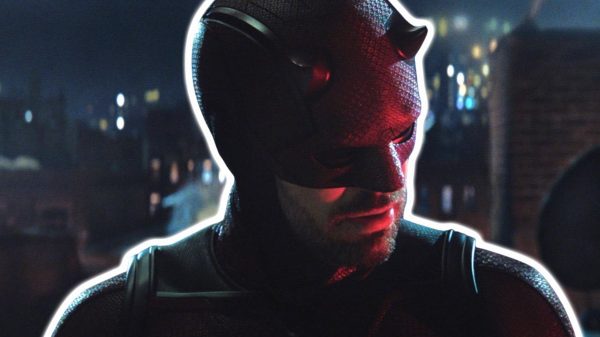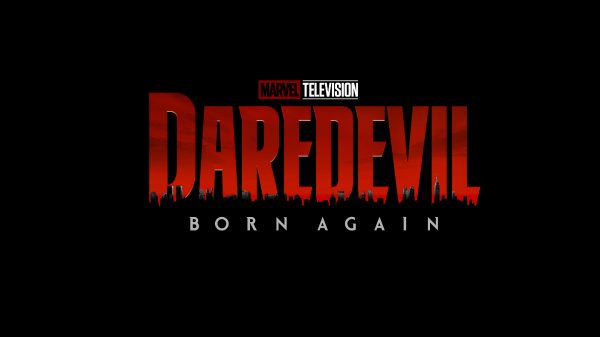‘Fargo’ – the dark, twisted, and oddly delightful Coen Brothers masterpiece that made us all question the truth behind the claim, ‘This is a true story.’ Well, folks, hold onto your hats because we’re about to reveal three solid reasons why the Coen Brothers’ ‘Fargo’ isn’t actually based on a true story. So sit back, grab your popcorn, and let’s dive into the cinematic mythos that is ‘Fargo.’
The Loose Threads of Reality
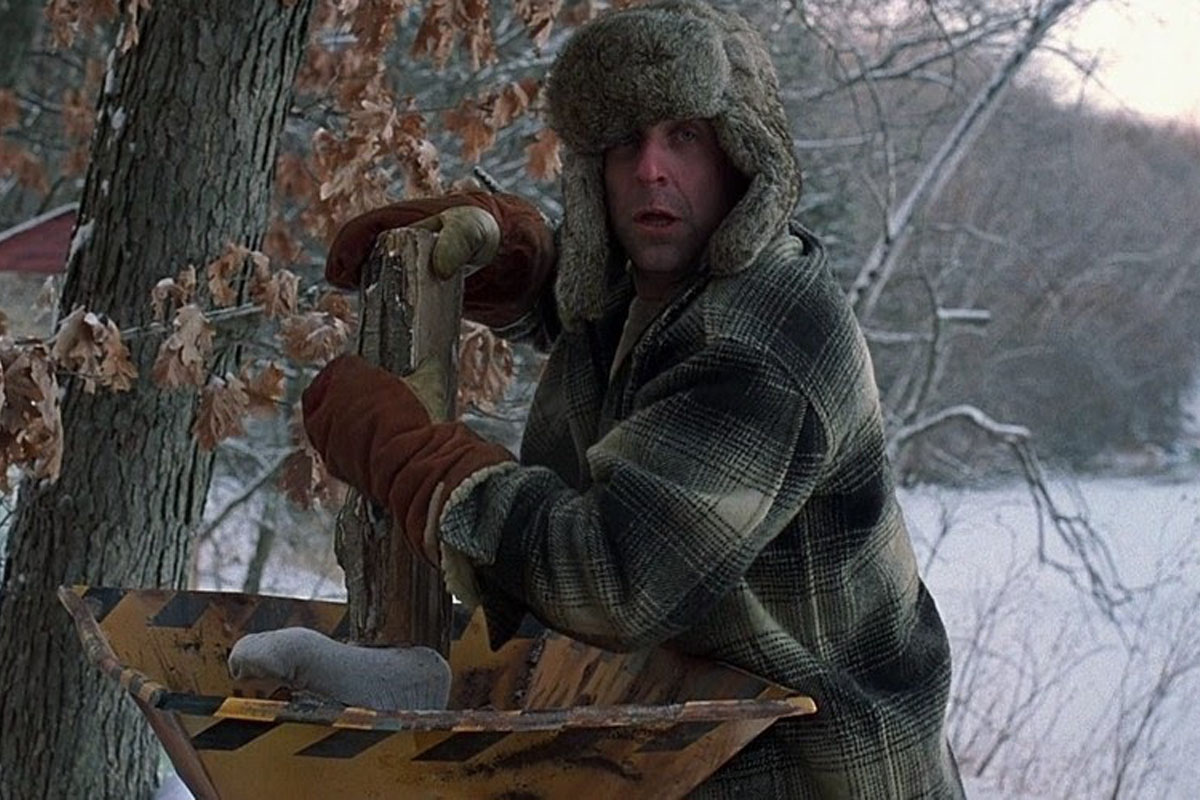
When it comes to the Coen Brothers, we all know they’re masters of spinning a good yarn. But did you know that ‘Fargo’ only borrows a few tiny morsels of truth from the real world? That’s right; while the Coens’ wanted to give their film the gritty ambiance of a sordid true-crime drama, the events depicted never actually occurred.
Take, for example, the infamous wood-chipper scene. This grisly moment was inspired by a real-life murder in Connecticut that took place a decade before ‘Fargo’ hit the silver screen. Richard Crafts, a man convicted of killing his wife and using a wood chipper to dispose of her body, provided the Coens with just the right amount of macabre inspiration. And as for Jerry Lundegaard, played by the unforgettable William H. Macy? His character was loosely based on a real General Motors employee who tried to defraud the company by tampering with serial numbers. But the kidnapping? The ransom? All pure Coen Brothers’ imagination, my friends.
The Great Location Swindle
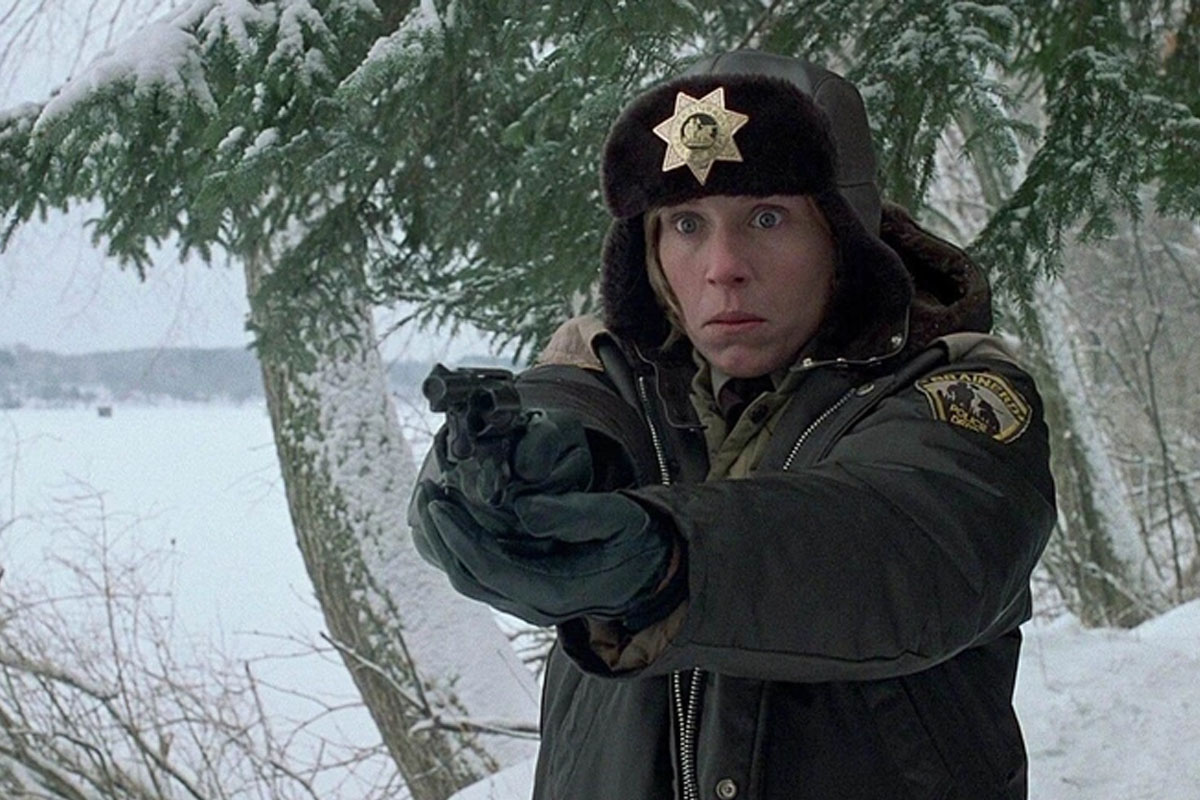
We all know that the Coen Brothers love a good twist, and the location of ‘Fargo’ is no exception. The film’s title suggests a story rooted in Fargo, North Dakota, but as we watch the events unfold, it becomes clear that Fargo is just a blip on the radar.
Let me paint you a picture: Jerry Lundegaard kicks off the action by driving to Fargo to hand over a Ford Cierra to the men he hires for his nefarious plan. After that, the camera cuts to Minneapolis, and we bid adieu to Fargo. That’s right – most of the film actually takes place in or around Brainerd, Minnesota. The Coens, tricked us with a location bait-and-switch, further blurring the lines between fact and fiction.
The Coen Brothers’ Confounding Confessions
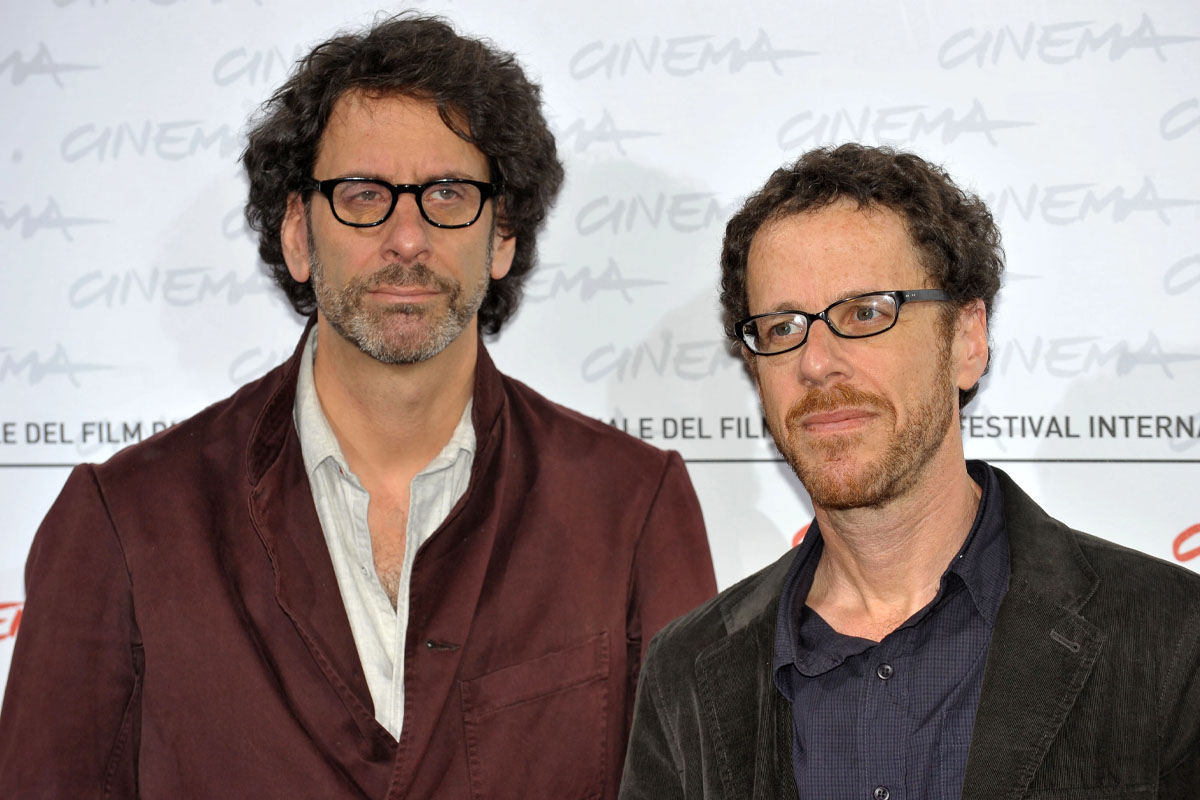
Now, if you’re still clinging to the belief that ‘Fargo’ is based on a true story, the Coen Brothers themselves might just change your mind. In 2015, Joel Coen admitted to The New York Times that the ‘true story’ claim was utterly false. According to him, the only truth about ‘Fargo’ is that it’s a story. He even claimed that ‘[Fargo is] completely made up.’
But wait, there’s more! Over the years, the Coen Brothers have given various accounts of the film’s origins, claiming at different times that it was based on an actual event (but not in Minnesota) or that it was entirely fictional. It seems the Coens enjoy keeping us all guessing, perpetuating the mystery and intrigue that surrounds their enigmatic film.
So there you have it, fellow cinephiles – three reasons why the Coen Brothers’ ‘Fargo’ isn’t actually a true story. With its tenuous connections to reality, a misleading location, and the Coen Brothers’ cryptic confessions, ‘Fargo’ remains a captivating work of fiction. But let’s be honest – true story or not, ‘Fargo’ is a storytelling masterclass that captivates the audience.







